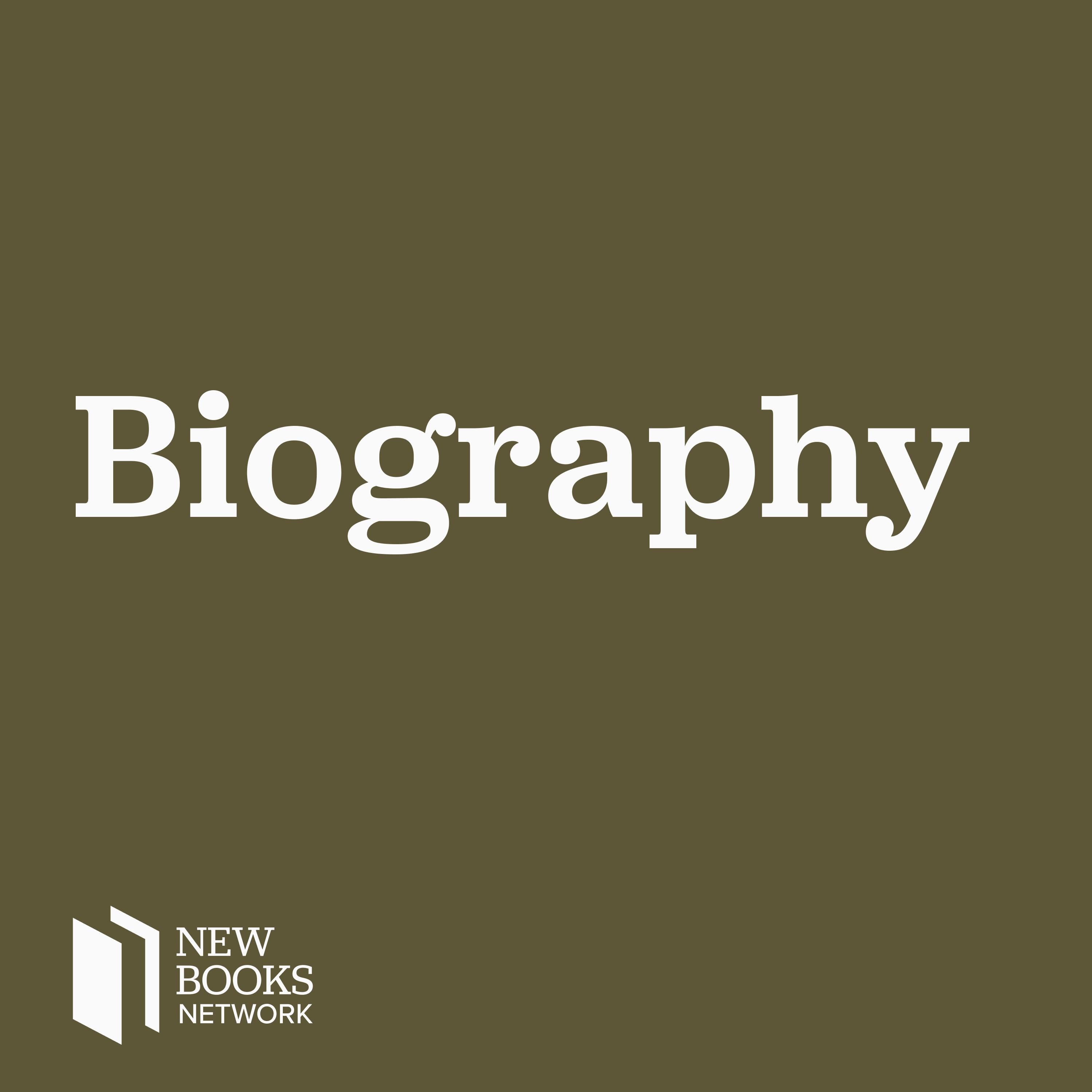John D. Wilsey, "God's Cold Warrior: The Life and Faith of John Foster Dulles" (Eardmans, 2021)
Description
When John Foster Dulles died in 1959, he was given the largest American state funeral since Franklin Delano Roosevelt’s in 1945. President Eisenhower called Dulles—his longtime secretary of state—“one of the truly great men of our time,” and a few years later the new commercial airport outside Washington, DC, was christened the Dulles International Airport in his honor. His star has fallen significantly since that time, but his influence remains indelible—most especially regarding his role in bringing the worldview of American exceptionalism to the forefront of US foreign policy during the Cold War era, a worldview that has long outlived him.
God's Cold Warrior: The Life and Faith of John Foster Dulles (Eardmans, 2021) recounts how Dulles’s faith commitments from his Presbyterian upbringing found fertile soil in the anti-communist crusades of the mid-twentieth century. After attending the Oxford Ecumenical Church Conference in 1937, he wrote about his realization that “the spirit of Christianity, of which I learned as a boy, was really that of which the world now stood in very great need, not merely to save souls, but to solve the practical problems of international affairs.” Dulles believed that America was chosen by God to defend the freedom of all those vulnerable to the godless tyranny of communism, and he carried out this religious vision in every aspect of his diplomatic and political work. He was conspicuous among those US officials in the twentieth century that prominently combined their religious convictions and public service, making his life and faith key to understanding the interconnectedness of God and country in US foreign affairs from World War I to Vietnam.
Zach McCulley (@zamccull) is a historian of religion and literary cultures in early modern England and PhD candidate in History at Queen's University Belfast.
Learn more about your ad choices. Visit megaphone.fm/adchoices
Support our show by becoming a premium member! https://newbooksnetwork.supportingcast.fm
More Episodes
Enlightenment philosopher David Hume enjoyed a tremendous influence on intellectual history. What did Hume believe, why was it so controversial at the time, and why to many does it seem so common-sensical now? What can Humian thought explain, and where does it fall short? To discuss, Aaron Zubia,...
Published 04/10/24
Today I talked to Traian Sandu about his book Ceausescu: Le dictateur ambigu (Perrin, 2023).
Born in January 1918, Nicolae Ceauşescu began his apprenticeship in Bucharest and discovered the social struggle and its repression at the age of fifteen within the Romanian Communist Party. In 1948, the...
Published 04/10/24
Sex. Lies. Murder. Sarah Horowitz's The Red Widow: The Scandal that Shook Paris and the Woman Behind It All (Sourcebooks, 2022) is a book I literally couldn't put down. Drawing on extensive research into the world and life of its "leading lady," Marguerite ("Meg") Steinheil, Horowitz's account is...
Published 04/05/24


